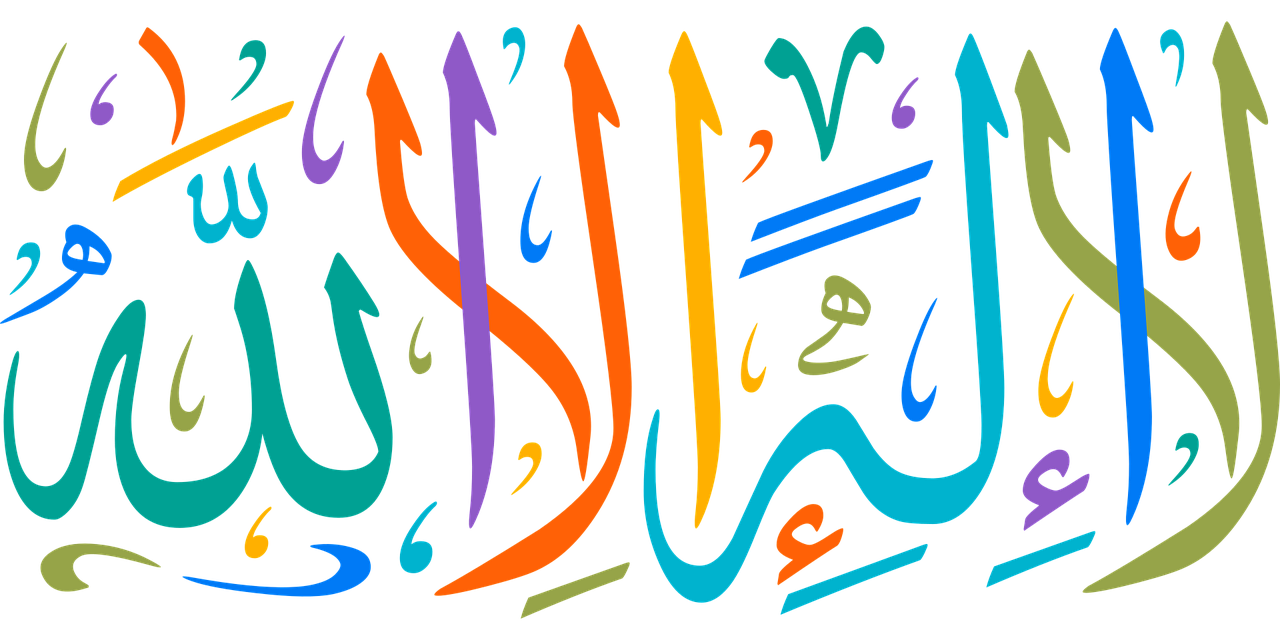
Arabic, the language of Islam, holds a unique and central position in the religion. Allah the Almighty has chosen Arabic as the medium for His communication, revealing the Noble Quran in this language. Furthermore, it became the language of the last and greatest of the prophets, Muhammad ﷺ. Islamic scholars emphasize the importance of learning Arabic for Muslims. This article delves into the reasons behind this emphasis and why Arabic is essential for a deeper understanding of Islam.
From the inception of revelation, Arabic became the exclusive language of Islam, primarily due to the Quran. This sacred text, containing Allah’s words, serves as a guide and a source of mercy for all of humanity. To reap the benefits and guidance it offers, one must possess a sound understanding of its content. Without comprehension, it is impossible to read, reflect upon, and apply the Quran’s teachings effectively. Therefore, understanding the Quran is an obligation for every Muslim.
While there are translations of the Quran’s meaning into various languages, they often fall short in capturing the nuances and depth of the original Arabic text. Arabic remains the sole language that allows for a precise understanding of Allah’s words. Even Quranic commentaries (Tafsir), which elucidate the interpretations of scholars, are predominantly available in Arabic. Although some translations exist in other languages, they are often limited in their scope and accuracy.
A profound understanding of the Quran is a gateway to comprehending another critical aspect of Islam: the Sunnah of the Prophet Muhammad (peace be upon Him). While there are translations of many Hadiths (prophetic narrations) available in various languages, these translations tend to be literary and imprecise. To truly grasp the depth and nuances of the Sunnah, one needs to be well-versed in Arabic.
Furthermore, a vast portion of Islamic literature, including the works of scholars, the words of the Companions (may Allah be pleased with them), and the writings of the Great Imams (may Allah have mercy on them), are primarily in Arabic. While some have been translated, the majority remains accessible only in the Arabic language.
Here are ten common Islamic terms and their meanings:
Allah: The name for God in Islam, the Creator of the universe, known for His attributes of mercy, knowledge, and omnipotence.
Allahu Akbar: A phrase signifying “Allah is greatly great” and expressing devotion and belief in Islam.
Assalamualaikum: A common Islamic greeting meaning “peace be upon you.”
Bismillah-ir-Rahman-ir-Rahim: A phrase recited before tasks, translating to “In the name of Allah, the Most Gracious, the Most Merciful.”
Mullah: A title for Islamic teachers or mosque leaders.
Fatwa: A legal judgment or interpretation of Islamic law, often issued by qualified scholars.
Hajj: The pilgrimage to the Kaaba in Mecca, one of the Five Pillars of Islam.
Imam: A religious leader who leads prayers in a mosque.
Jinn: Unseen or supernatural beings with free will, similar to humans.
Kafir: A term for a disbeliever who rejects the faith of Islam.
These words are essential for understanding Islamic culture and practices. If you are interested in Quranic studies or Islamic courses, consider enrolling in reputable online platforms like en.al-dirassa.com to access comprehensive training and expert tutors. By learning Arabic and familiarizing yourself with Islamic terminology, you can deepen your connection with your faith.
In conclusion, translations of the Noble Quran and other Islamic literature are valuable resources, but they should serve as temporary aids rather than permanent solutions. Non-Arabic speaking Muslims are encouraged to avoid relying solely on translations and instead make a concerted effort to learn Arabic. By doing so, they can directly access the source of their religion and deepen their understanding of Islam.
Furthermore, a vast portion of Islamic literature, including the works of scholars, the words of the Companions (may Allah be pleased with them), and the writings of the Great Imams (may Allah have mercy on them), are primarily in Arabic. While some have been translated, the majority remains accessible only in the Arabic language.
The Al-Dirassa Institute provides a range of online courses in Arabic, Quran, and Islam tailored for non-Arabic speakers. To enroll in our courses or learn more, please don’t hesitate to get in touch with us today.
Discover the experiences of our delighted clients who have thoroughly enjoyed utilizing this standout feature.
Alhamdulillah I‘m very pleased with the arabic and Qur’an lessons I receive from teacher Umm Tasneem and I‘m also content with the al-dirassa administration team who were very quick in answering any questions I had. In a month I progressed a lot and I cannot wait to continue my studies with al-dirassa. May Allah reward everyone at al-dirassa.
Verified review - view original
My Qur’an teacher is fantastic, she teaches me in a loving and kind way where I look forward to the lessons and learn so much. My Arabic teacher is equally as nice and has a lot of patience with me, she has great expertise in the field and I’ve progressed really quickly with her. Thank you Al-dirassa!
Verified review - view original
Don’t want to go through the translation anymore?
30 free minutes with your qualified Egyptian teacher.

Al-dirassa Institute offers you a gift to help you begin your journey to being fluent in Arabic and learning the Quran.

Al-dirassa Institute offers you a gift to help you begin your journey to being fluent in Arabic and learning the Quran.